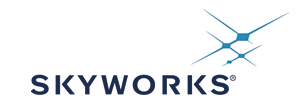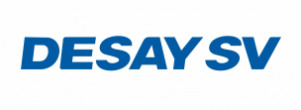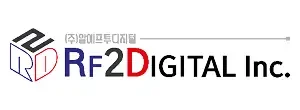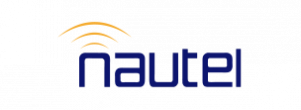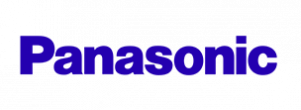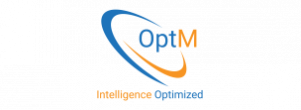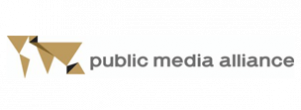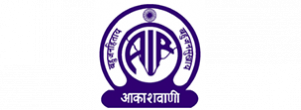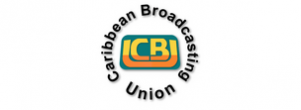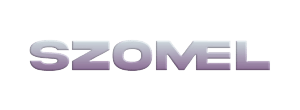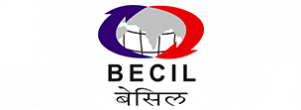The DRM German Platform meeting on May 6-7 was hosted by public broadcaster “DeutschlandRadio” and the University of Applied Science Berlin, the “Beuth Hochschule”. Participants were updated on the more general worldwide DRM activities, as well as given more detailed updates from some countries, like Denmark.
The central discussions were focused on the impact on the future digital radio roll-out triggered by the Association of Public Broadcasting Corporations in Germany (ARD) recent decision to move from FM radio to DAB+. In April 2015, the Munich based Institute for Broadcast Technology of the public broadcasters in the German language area (IRT) published a report on “Terrestrial radio broadcasting: Future trends with regard to competing transmission routes” on behalf of the German Federal Ministry of Transport and Digital Infrastructure. The study deals with the options that available to the radio broadcasting industry in Germany in the near future and recommends DAB/DAB+. The Ministry also announced that it will initiate a national “Digitalradio Board” to define tasks, milestones, and solutions to define a roadmap for the implementation of digital terrestrial radio with a view to switch off FM sometime in the future.
The German DRM Platform decided to compile a statement on the Munich report to illustrate the unconsidered benefits of DRM+, and stress its commitment to play an active role in the “Digitalradio Board”. The decision is that the Platform will recommend, in addition to DAB+, the use of DRM+ in VHF-band III, as an effective and efficient way of digitally broadcasting regional and local programmes.
As Chairman of the German DRM Platform, I stressed that “the most important step for DRM+ is the prompt integration of the DRM technology (DRM30 and DRM+) in the digital radio receiver chips sets as part of the Smart Radio Initiative (EURO-Chip) of the EBU. A successful commercial introduction of DRM+ in Germany and large parts of Europe for local and regional coverage requires international support and clear media policy undertaking in order to provide multi-standard digital receivers. In advance of regular DRM+ offerings in VHF band III, it will be necessary to create the right conditions for market entry. They relate in particular to the availability of a commercially acceptable broadcasting infrastructure, a clear implementation strategy, attractive local radio programmes and dual standard (DRM+ and DAB/DAB+) commercial receivers.”
On the second day of the meeting Christian Voigtlaender , DRM Project Manager at Beuth Hochschule, presented the Campus Radio project ‘Beuth on Air’ that is going to operate in summer 2015 in the 11 m band in the summer of 2015.
Joachim Lehnert (DRM German Platform Chairman)


